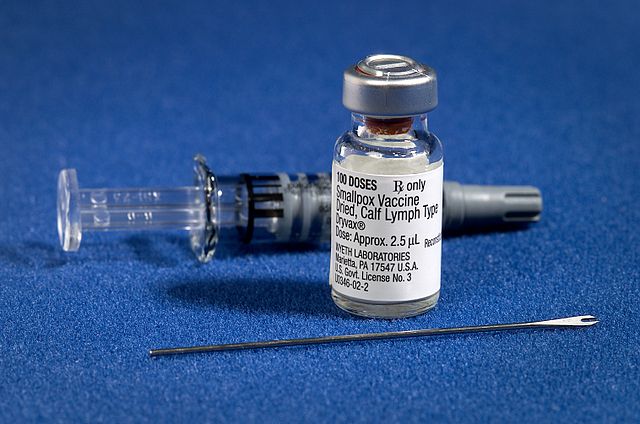
BY SAM ZWICK-LAVINSKY
The monkeypox vaccine is now available for Connecticut residents at high risk of contracting the virus. However, delays in vaccine shipment threaten to widen the gaping hole in vaccine supply at a critical point for preventing the disease from entrenching itself in American society.
Even though monkeypox has not yet caused a single death in the United States, experts are concerned that once the disease spreads beyond the epicenters of transmission, it will become endemic and very difficult to eradicate. Since the vaccine became more widely available on August 1st, the Circle Care Center in Norwalk, one of the few in the area that offers the monkeypox vaccine, has received over 500 requests for the vaccine according to executive interim director Anthony Crisci. Supply of the vaccine, however, is very limited.
“We’ve had to tailor out requests so that we’re not administering more than 100 doses a week,” Crisci said.
According to Crisci, the vaccine is being distributed at a much slower pace until October, when a new batch is scheduled to arrive from Denmark.
It is now a critical time to vaccinate the most vulnerable groups to monkeypox because the disease becomes much harder to contain once it has spread into the larger population, Crisci said.
Crisci added that monkeypox is not an STI and “can be spread in a number of ways, in any situation including skin-to-skin contact.” According to Crisci, monkeypox cases have also been recently reported among children.
“With schools and preschools reopening now, a lot of viruses spread very quickly in those settings,” Crisci said.
Another reason cases are expected to rise rapidly is because monkeypox is so new to the US. As a result, many doctors are still learning about the protocols for treating monkeypox. Since the arrival of the disease, there has been a massive push to educate providers so that they can recognize symptoms and provide testing.
The Circle Care Center is part of a statewide LGBTQ+ Health and Human Services Network that comprises 20 LGBTQ+ organizations that collaborate on projects. This network recently released $10,000 in funding to disseminate information about the benefits of being immunized to monkeypox through social media and other advertising.
However, there have been flaws in the federal response to monkeypox that Crisci and other LGBTQ+ health clinics are striving to correct. There has already been one reported hate crime against a member of the LGBTQ+ community related to monkeypox.
“It’s a bit of a catch-22,” Crisci said. “The LGBTQ+ community is the group that needs the vaccine right now, but because there is so much talk about monkeypox surrounding the community, this is leading to stigma and discrimination at the same time.”
In order to prevent greater transmission of monkeypox, Crisci says that first there needs to be greater action at the federal level. He recommends setting up testing sites using the same systems put in place during the COVID-19 pandemic and making treatment for monkeypox available in regular pharmacies through expanded FDA approval.
Tests and treatment for monkeypox are currently very hard to access due to bureaucratic difficulties. The FDA has recently approved TPOXX anti-retroviral treatment for monkeypox, though it remains difficult to obtain.
“The whole country is trying to catch up to this pandemic that is smaller, but is evolving quickly,” Crisci said. “We’re really trying to prevent another endemic disease in our country.”
However, it is important to understand that the vaccine is “not a quick fix,” according to Crisci. It is administered in 2 doses over a 6 week course, and there has been at least 1 breakthrough case already.






